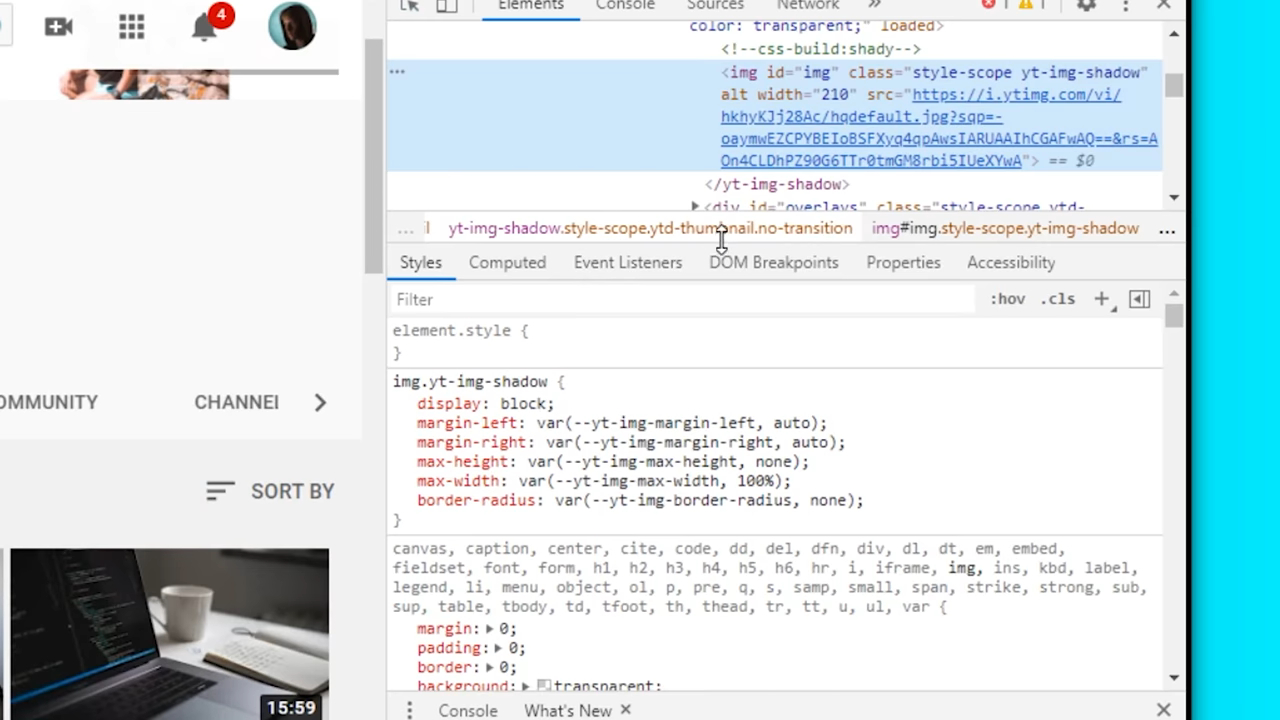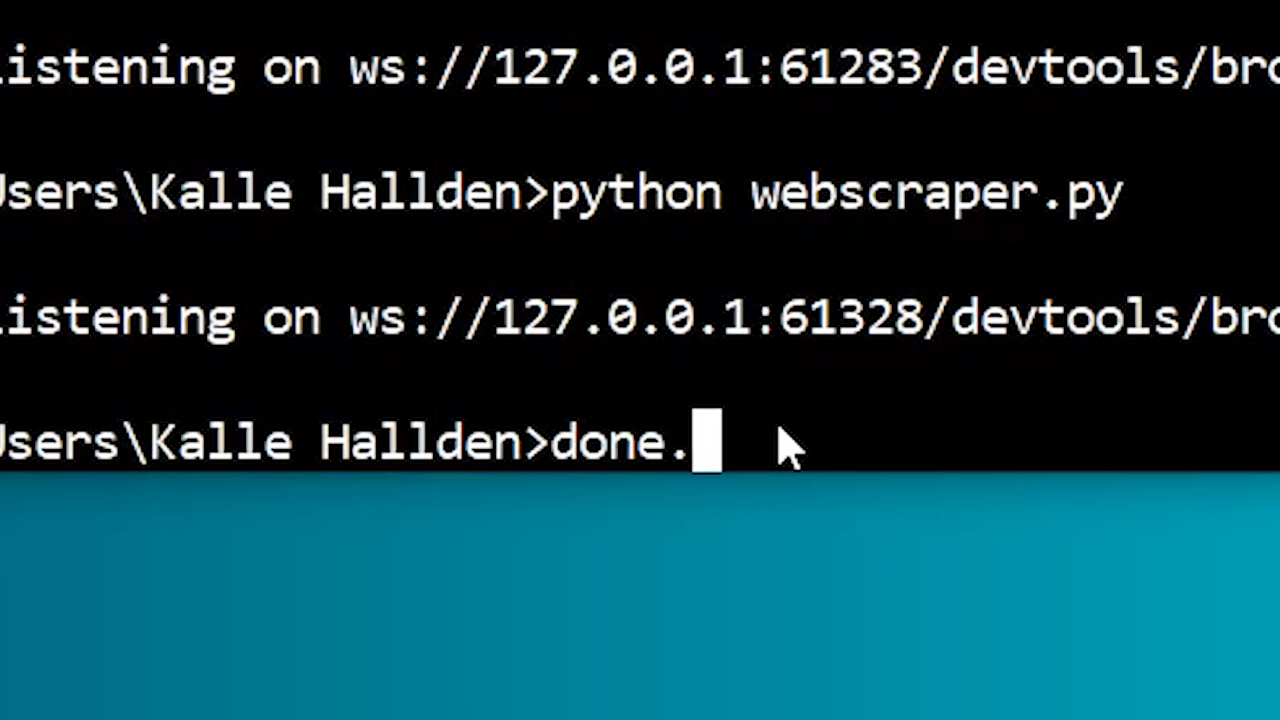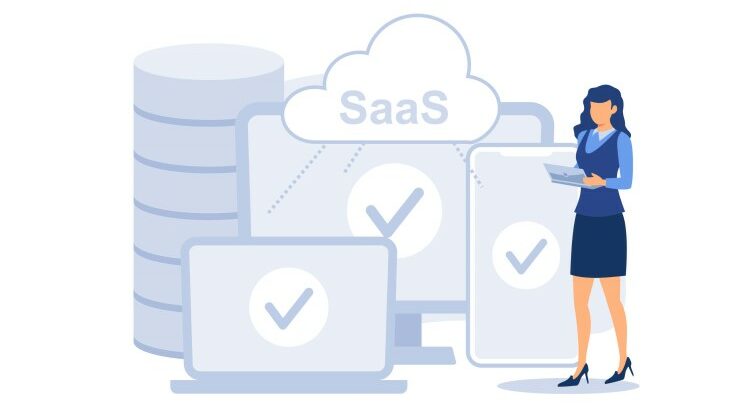Web scraping is a game-changer for lead generation. It lets businesses collect customer data and contact details from the internet in a fast and efficient way. This helps them grow, compete, and target their marketing campaigns better.
It also saves time by automatically finding email addresses, phone numbers, and social media profiles, instead of doing it manually. This way, businesses always have new and relevant leads to reach out to. It represents a key skill for anyone who wants to succeed in their market, not just get by.
Table of Contents
ToggleWhat is Web Scraping?
Web scraping is like sending robots to collect data and content from websites. It means using code to browse the web and get information from web pages automatically. It can turn data in HTML, XML, or other web languages into a format that is easy to use, such as CSV, Excel, or a database. Web scraping is useful for many things.
The process typically involves three key steps:
- Crawling: This is the first step where tools or bots navigate through various pages of the internet to find relevant websites from which data needs to be extracted. The crawler uses URLs and sitemaps to locate these pages.
- Scraping: Once the relevant pages are identified, the scraping tool then extracts the required data from these pages. This is usually done by parsing the HTML content of the web page to find specific data points defined by the user.
- Data Extraction: The extracted data is then processed, cleaned, and structured into a usable format. This might involve removing duplicates, verifying the extracted data for accuracy, and transforming it into a format suitable for analysis or storage.
Tools and software can be simple or complex. Some can only get data from one page, while others can go through many sites, solve CAPTCHAs, and avoid being blocked. They help you get data from the web in different ways.
Uses of Web Scraping
It is used in various domains for numerous applications, including but not limited to:
- Market Research: Businesses use web scraping to collect data on competitors, market trends, and product demand.
- Lead Generation: Marketers scrape contact information from websites to compile lists of potential customers.
- Price Monitoring: E-commerce companies scrape competitors’ websites to monitor price changes and product availability.
- SEO Monitoring: SEO professionals scrape search engine results pages (SERPs) to monitor rankings and visibility.
- Data for Machine Learning Models: Researchers and data scientists scrape websites to collect datasets for training machine learning models.
9 Tips to Use Web Scraping to Generate More Leads

1. Identify the Right Sources
To ensure the effectiveness of lead generation through web scraping, identifying the most relevant sources is paramount. This means pinpointing where your ideal customers are active online.
Depending on your industry, these could be professional forums, social media platforms, industry-specific directories, or even comment sections of relevant blogs.
Strategies for Source Identification
- Competitor Analysis: Use tools like SimilarWeb or Alexa to understand where your competitors get their traffic. This can hint at where potential leads might be congregating online.
- Customer Surveys: Directly ask your existing customers which online platforms they frequent for industry news, advice, or discussions. This direct feedback can guide your scraping efforts.
- Social Listening: Tools like BuzzSumo or Mention can help you track where your brand or relevant keywords are being discussed. This can lead you to active communities interested in your sector.
2. Respect Legal Boundaries
The legality of web scraping varies by country and website. It’s essential to navigate these waters carefully to avoid legal issues. This involves understanding the legal framework around data collection and adhering to the terms of service of the platforms you scrape.
A landmark ruling by the U.S. Ninth Circuit Court has reaffirmed that scraping publicly accessible data is legal
Legal Compliance and Ethical Considerations
- Review Terms of Service: Before scraping a website, review its terms of service to ensure that data collection is permitted. Some sites explicitly prohibit scraping in their terms.
- Comply with GDPR and Other Regulations: If you’re collecting data from individuals in Europe, ensure compliance with GDPR, which requires specific consent for data collection in many cases.
- Ethical Data Use: Beyond legal requirements, consider the ethical implications of how you use scraped data. Ensure your practices respect individual privacy and are transparent to your audience.
3. Use Advanced Tools and Techniques

Modern web scraping demands sophisticated tools that can handle dynamic websites, interpret JavaScript-rendered content, and navigate through complex pagination or login forms.
Select the Right Tools for Advanced Scraping
- Dynamic Content Handling: Tools like Selenium or Puppeteer are essential for scraping websites that heavily rely on JavaScript for content rendering.
- Data Extraction Accuracy: Utilize BeautifulSoup or Scrapy for Python, which offer powerful parsing capabilities to accurately extract the data you need.
- Avoiding Detection: Implement strategies like rotating user agents and proxy servers to mimic human behavior and avoid IP bans or rate limits.
Python is the most popular programming language due to its less complex syntax.
4. Focus on Data Quality
The value of your lead generation efforts is directly tied to the quality of the data you collect. Ensuring the accuracy, relevance, and freshness of your data is crucial for effective outreach.
Implement Data Cleaning and Validation
- Duplicate Removal: Use data cleaning tools or scripts to identify and remove duplicate entries in your dataset to avoid redundant outreach efforts.
- Validation Checks: Regularly validate email addresses and phone numbers to maintain the integrity of your contact list. Tools like Hunter.io for email verification can be particularly useful.
- Regular Updates: The business world is dynamic, with frequent changes in roles, companies, and contact information. Implement a routine for periodically refreshing your scraped data to keep it current.
5. Monitor Competitors

Keeping a close eye on your competitors’ online activities can unlock valuable insights into their marketing strategies, customer engagement, and product development. This intelligence can inform your lead generation strategies, helping you to identify gaps in the market and opportunities for differentiation.
Competitive Intelligence Gathering
- Product Changes and Updates: Regularly scrape competitor websites for new product launches, updates, or discontinued offerings. This can help you to stay ahead of market trends and adjust your product roadmap accordingly.
- Pricing Strategies: By monitoring competitors’ pricing models, you can adjust your pricing to stay competitive or highlight your value proposition more effectively.
- Customer Feedback: Scrape review sites and social media mentions to gather feedback on competitors’ products. Analyzing this feedback can guide improvements to your own offerings and customer service strategies.
6. Optimize for Scale and Efficiency
As your web scraping initiatives expand, managing the scale of operations efficiently becomes crucial. Automation and cloud computing can significantly enhance the scalability and efficiency of your data collection efforts, ensuring your lead generation processes remain robust and responsive to market dynamics.
Scale Your Web Scraping Operations
- Automation: Utilize scripting and scheduling tools to automate the scraping process, reducing manual oversight and speeding up data collection.
- Cloud-Based Solutions: Leverage cloud services for storage and processing power. This can help manage large volumes of data without investing in expensive hardware.
- Data Management: Implement robust database management systems to organize, store, and easily retrieve the collected data. Efficient data management is key to leveraging the full potential of your leads.
7. Integrate with CRM and Marketing Automation Tools
The true value of scraped leads is realized when they are effectively integrated into your sales and marketing processes. Ensuring seamless integration with CRM and marketing automation tools facilitates efficient lead nurturing and conversion.
Seamless Data Integration
- APIs: Use APIs to automate the transfer of scraped data into your CRM system. This ensures that leads are quickly accessible for sales outreach and marketing campaigns.
- Custom Integration Solutions: If direct integration via APIs isn’t feasible, consider developing custom scripts that periodically import your scraped data into CRM platforms.
- Data Format Standardization: Standardize the format of scraped data to match the requirements of your CRM and marketing tools. This reduces the need for manual data manipulation and speeds up integration.
8. Conduct Ongoing Industry Research
The market is ever-evolving, with new trends and consumer preferences emerging regularly. Web scraping can be an invaluable tool for conducting ongoing industry research, keeping your business strategy aligned with market demands.
Utilize Web Scraping for Market Insights
- Trend Analysis: Scrape industry news sites, forums, and social media to identify emerging trends. This can inform product development, marketing strategies, and content creation.
- Competitor Content Strategy: Analyze competitors’ blogs and social media content to understand their content strategy. This can help you to refine your own content marketing efforts to better address the interests and needs of your target audience.
- Regulatory Changes: Stay informed of regulatory changes affecting your industry by scraping government and regulatory websites. This ensures your business remains compliant and can adapt to new legal requirements promptly.
9. Maintain Ethical Standards

Ethics in web scraping go beyond legal compliance. Maintaining high ethical standards ensures respect for privacy and fosters trust among your potential leads and the broader online community. The person that is using this process to gather data should follow certain principles.
Ethical Web Scraping Practices
- Transparency: Be transparent about your data collection practices. If possible, inform individuals that you’ve collected data from them and provide options for opting out.
- Minimize Impact: Design your scraping activities to minimize the impact on the websites you scrape from. This includes respecting
robots.txtdirectives and avoiding excessive requests that could burden the website’s servers. - Data Security: Implement strong data security measures to protect the information you collect. This includes encrypting stored data and ensuring only authorized personnel have access to sensitive information.
FAQs
How to get thousands of leads for free?
There is no easy way to get thousands of leads for free, but you can try some of these methods:
- Create valuable content that attracts your target audience and encourages them to share their contact information.
- Use social media platforms to promote your content, offer incentives, and join relevant groups or communities.
- Leverage your existing network of customers, partners, and referrals to ask for introductions or recommendations.
How do I find SEO leads?
SEO leads are potential customers who are interested in your SEO services. You can find them by using these techniques:
- Use SEO tools like Ahrefs or Semrush to research keywords, competitors, and prospects in your niche.
- Reach out to prospects via email, phone, or social media with personalized messages that highlight your value proposition and expertise.
- Create and host webinars, podcasts, or events that showcase your SEO knowledge and skills and generate leads from attendees.
What is a lead generator tool?
A lead generator tool is a software that helps you find, contact, and qualify leads for your business. It can automate and streamline the lead generation process by using various channels and methods, such as:
- Web scraping, which extracts data and contact details from websites.
- Landing pages, which capture leads by offering something of value in exchange for their information.
- Chatbots, which engage and qualify leads through conversational interfaces.
- Webinars and events, which educate and nurture leads through live or recorded presentations.
Are lead generators worth it?
Lead generators can be worth it if they help you generate more leads, increase your conversion rates, and grow your revenue. However, not all lead generators are created equal, and some may have drawbacks, such as:
- High costs, which may not justify the return on investment.
- Low quality, which may result in irrelevant or unqualified leads.
- Spamming, which may damage your reputation and brand image.
Conclusion
Web scraping is more than just a way to collect data. It helps businesses learn and connect with the market. Web scraping lets businesses find the best leads, know their competitors, and adapt to their customers’ needs. Web scraping helps businesses grow and succeed in the online world.

